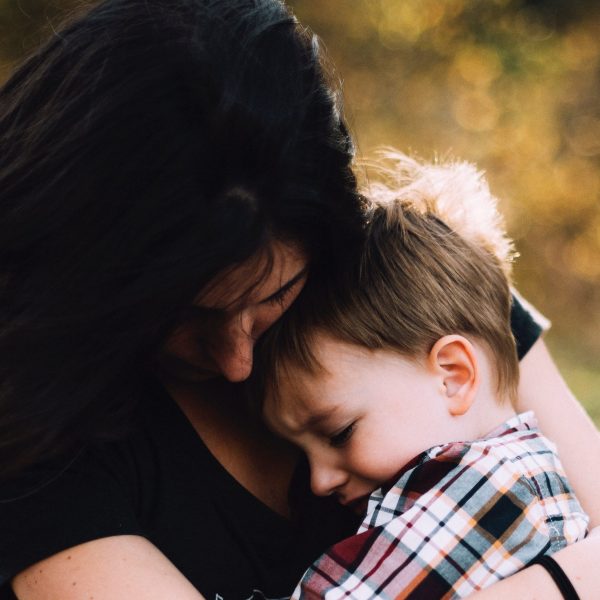Resources to support talking to children about reportable conduct

The Victorian Commision for Children and Young People (CCYP) has recently released a range of resources, designed to support those who speak with children about “reportable conduct” – a sexual offence (even prior to criminal proceedings commencing), sexual misconduct or physical violence committed against, with or in the presence of a child, behaviour causing significant emotional or psychological harm or the significant neglect of a child.
“Whether children are alleged victims or witnesses, they should be interviewed as part of investigations of alleged reportable conduct unless there is a good reason why this should not occur,” CCYP said.
While early childhood education and care (ECEC) professionals may not be expected to conduct a formal interview with a child as part of their role, they are often the first port of call when a child makes a disclosure of abuse or neglect, and as such, the resources will also be of use to the sector.
The resources were developed by the Commission with the assistance of Griffith University’s Centre for Investigative Interviewing, and are designed to help organisations conduct effective and appropriate interviews with children and young people, and take a trauma-informed approach.
It is important for teams and individuals to review the full range of resources, which have been designed for use as a package.
The first resource is an animated video that provides an introduction to interviewing children and young people, as well as addressing some common myths.
The second resource is a guide for including children and young people in reportable conduct investigations, which has been developed in two parts:
- Part A: Standard Child Interview Method – a technique for how to interview children
- Part B: Guidance for taking a trauma-informed approach to investigations.
Two child interview videos have also been developed. The first is a “mock interview” where a senior leader is speaking to a child about the mark on their arm, which the child says is as a result of being grabbed and pulled by an educator.
In the second video, Professor Martine Powell from Griffith University provides commentary explaining the use of the method in the mock interview.
A spokesperson from CCYP said it was important that the perspective of children and young people was given in investigations, because it reminds children that their voice is valued and that they will be listened to.
“When children and young people are provided with opportunities to participate and feel their views are valued, they are more likely to speak up if they are worried or have experienced abuse,” the spokesperson noted.
Popular

Policy
Practice
Quality
Provider
Research
Safety starts with supervision: responding to real risks in ECEC
2025-07-07 10:30:58
by Fiona Alston

Policy
Provider
Practice
Quality
Jay Weatherill appointed to co-lead urgent review into childcare safety in Victoria
2025-07-07 07:24:04
by Fiona Alston

Practice
Provider
Quality
Research
Workforce
New activity booklet supports everyday conversations to keep children safe
2025-07-10 09:00:16
by Fiona Alston












